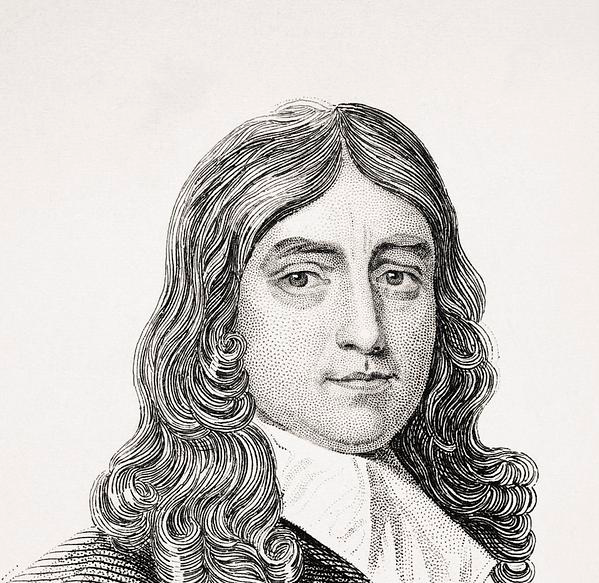There were no doubt many theological issues that concerned him, but in this paper I will focus on the three I find to be most salient: the problem of evil, the problem of divine foreknowledge, and the nature of redemption. An epic poem like Paradise Lost is certainly a far cry from the ordinary philosophical and theological disquisitions that are all-too-eager to present their theses unambiguously; however, if one were hard pressed to find something that looked like a thesis proposal for the entire work it would probably be his invocation at the very beginning of the first book in Paradise Lost:
Of man’s first disobedience, and the fruit Of that forbidden tree, whose mortal taste Brought death into the world and all our woe, …what in me is dark Illumine, what is low raise and support; That to the highth of this great argument I may assert Eternal Providence, And justify the ways of God to men 3
The implicit claim here is that the evils of this world challenge the assertion that God is just. Providing this is the case, we might think of Milton as doing a kind of epic theodicy. He is trying to face the Problem of Evil through indirect theological discourse.
The classical formulation of the Problem of Evil is as follows. If we begin with the presumption that God is omnibenevolent, the following triad seems inconsistent:
-
- God is omnipotent
- God is omniscient
- Evil exists
The permutations make the problem fairly obvious. We could solve the Problem of Evil if we take just any one of the aforementioned divine attributes off the table. If God is not omnipotent, then we presume that God wants to stop evil but is incapable of doing it. If God is not omniscient, then evil exists only because God is unaware of it. Finally, if we deny that true evil exists in the world then we do not have a Problem of Evil in the first place! What is suggested in the invocation is that the presence of evil and the omnibenevolence of God are taken for granted, which leaves us with the two more problematic attributes: divine omniscience and omnipotence.
Milton is clear on the matter that God is both omnipotent and omniscient.
- Sewell, Arthur. A Study in Milton’s Christian Doctrine. Oxford: Archon Books, 1967. 82.
- Sewell, Arthur. A Study in Milton’s Christian Doctrine. Oxford: Archon Books, 1967. 78.
- Milton, John. Paradise Lost. A Norton Critical Edition. Second ed. Edited by Scott Elledge. New York: W. W. Norton & Company, 1993. 7-9. [Book 1:1-3, 22-26]



